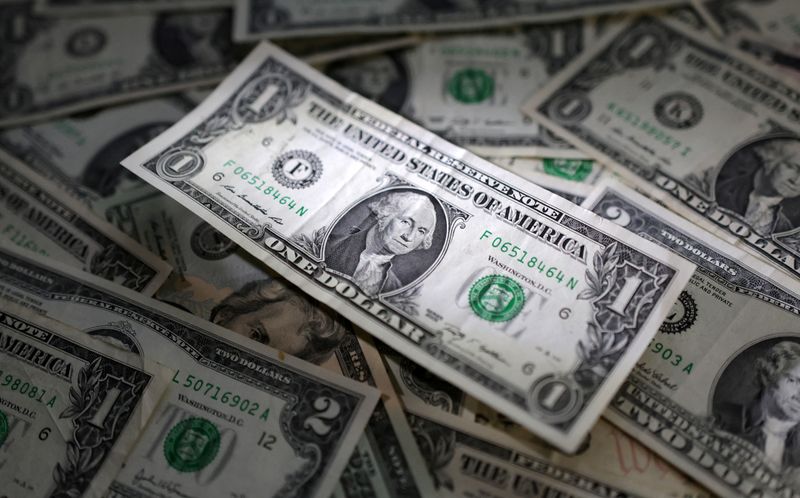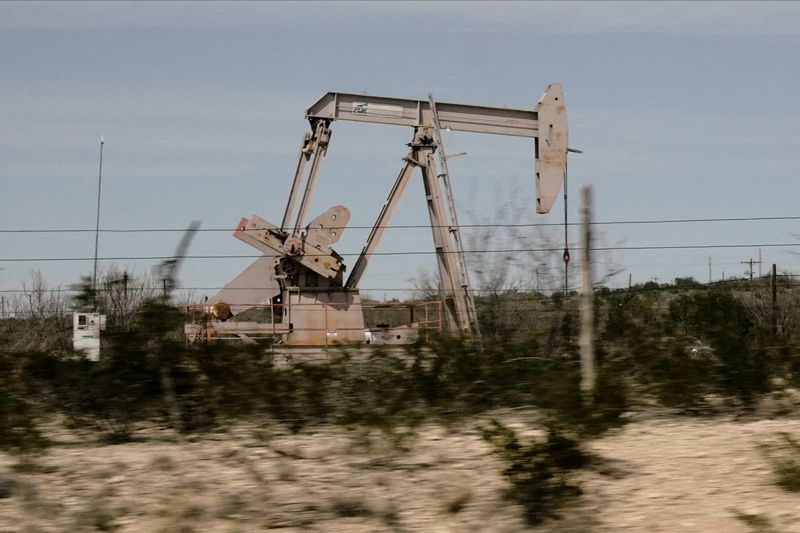It’s Cool To Be Warm: How Heat Tech Became The Next Comfort Revolution
PositiveFinancial Markets

Heat tech is transforming the way we stay warm, merging functionality with style. This new wave of heating products not only helps reduce energy bills but also enhances home aesthetics. As more people seek comfort without compromising on design, the rise of heat tech signifies a shift in consumer preferences, making it an important trend in both the home improvement and fashion industries.
— Curated by the World Pulse Now AI Editorial System






